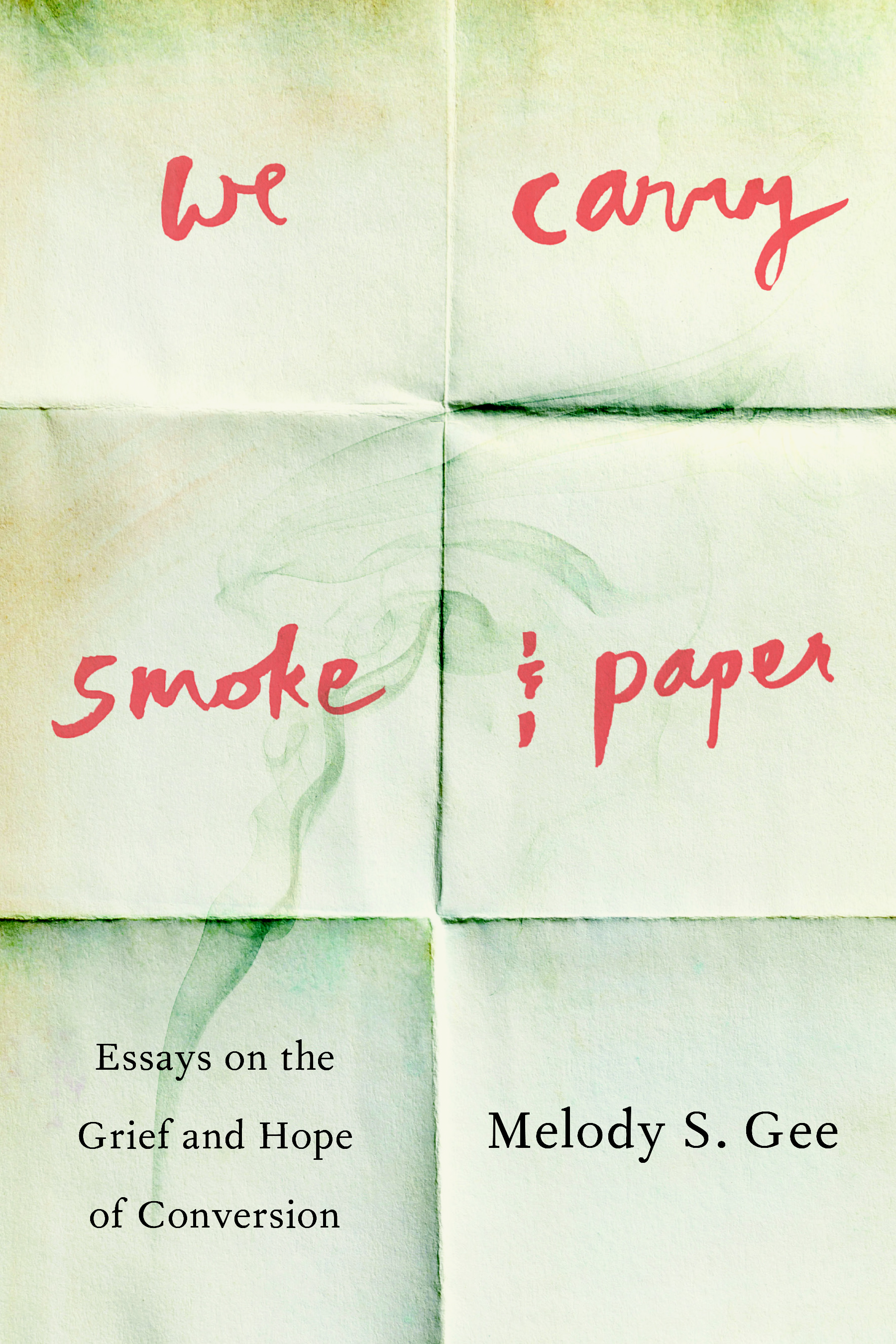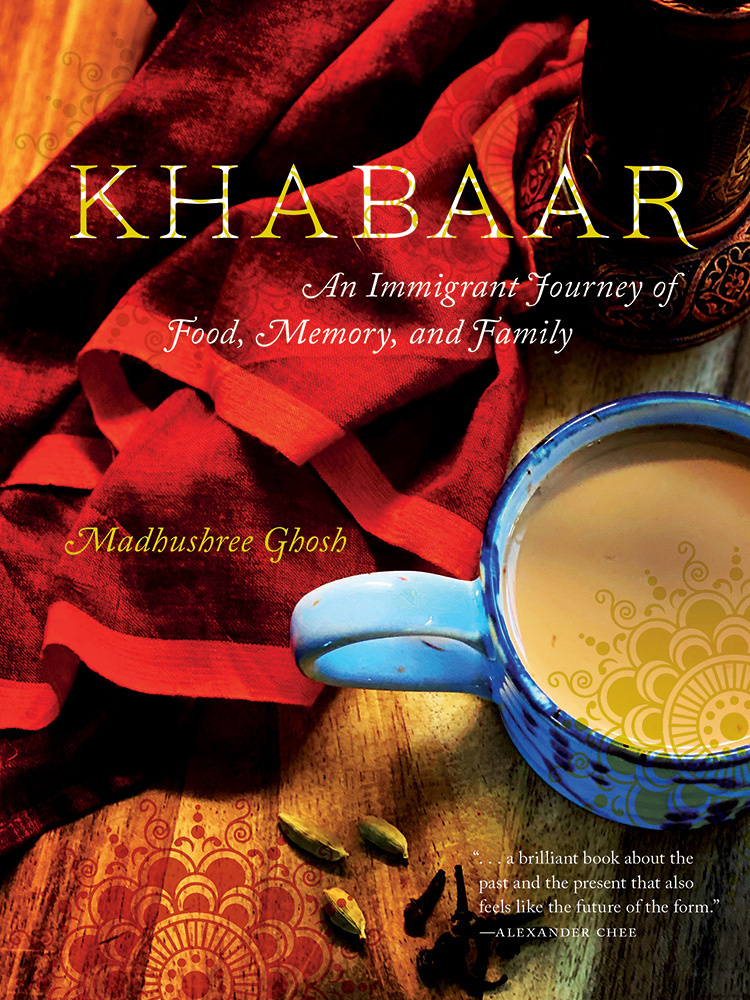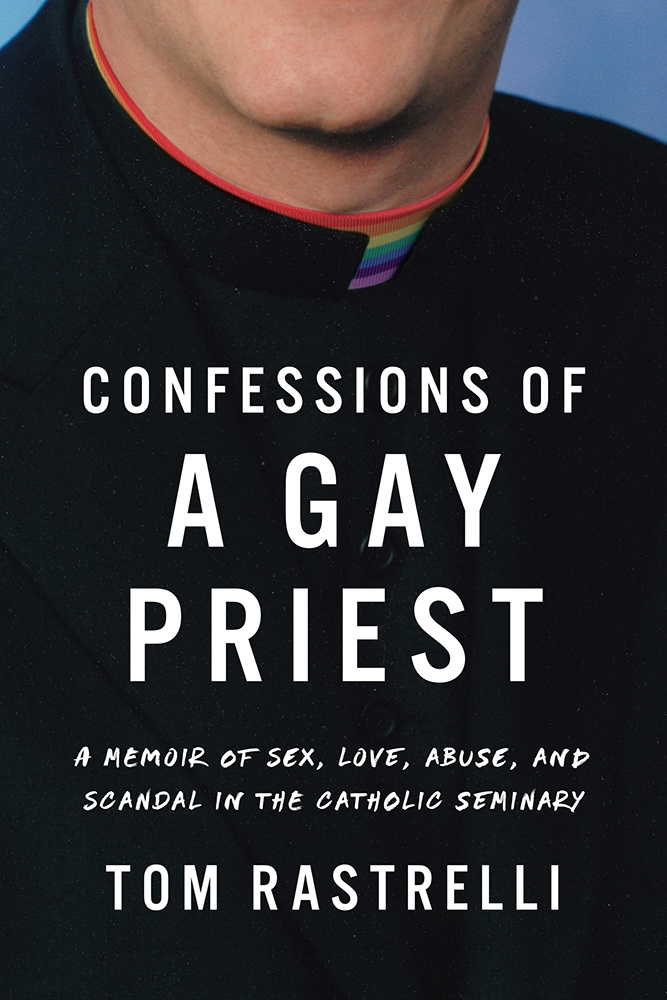Answering an unexpected call to faith in her thirties, Melody Gee contends with what saying “yes” to conversion requires of an adopted daughter of Chinese immigrants. Faced with a new framework for her place in the world, grief and doubt shadow her tentative steps toward becoming a believer. She looks for answers and consolation in her family’s story of immigration trauma and cultural assimilation, in the ways their burdens and limitations made her answer-seeking both impossible and inevitable.
In essays that explore the parallels between conversion and language acquisition, isolated liturgies, cultural inheritances, stalled initiations, disrupted storytelling, and adoption, Gee examines conversion’s grief and hope, losses and gains, hauntings and promises. We Carry Smoke and Paper is a memoir about what we owe to those who sacrifice everything for us, and it is about the many conversions in a lifetime that turn our heads via whispers and shouts, calling us to ourselves.
“A brilliant exploration of loss, language, adoption, silence, hunger, and belonging. Reading Melody Gee’s essays is like gathering together for a meal. In her grandparents’ Cantonese restaurant in Bellflower, the scent of salt cured fish, bitter melon, and ginger lingers. Her mother dabs White Flower oil on her aching muscles; Uncle Terry’s radio that only picks up AM stations hums on the counter. ‘The restaurant was my first liturgy,’ Gee writes. She explores loss: the loss of Taiwanese Mandarin, her earliest language; ‘the silence period’ after learning a new language; the loss of her grandparents; the loss of her family’s restaurant. But alongside these losses, Gee searches for belonging and the sacred. To read these essays is to consider silence and language anew.”—Julia Koets, author, The Rib Joint: A Memoir in Essays
“Melody Gee shows us how languages make and remake our worlds, and in We Carry Smoke and Paper, Gee leads us into a world startling in its luminosity, a space glowing with desire for holy belonging. In refusing to turn away from painful separations, she finds transcendence in the ordinary intimacies of life. In reading this book, we do too. How grateful I am to have read these words and seen this world.”—Maddie Norris, author, The Wet Wound: An Elegy in Essays
“Eloquent, emotionally and intellectually engaging, informatively insightful, Melody Gee is able to raise her memoir to an impressive level of literary excellence.”—Midwest Book Review
In nine beautifully written essays . . . that combine personal experience, deep reflection, and wide reading . . . We Carry Smoke and Paper is an honest book. Gee confides her personal limitations and struggles. She does not set herself up as a saintly role model, especially in her relations with her parents; yet, to me, she is a role model for how seriously she takes her faith. She embeds her spiritual longing in lively, poignant stories, as good storytellers do. . . . In sharing the details of her conversion, Gee offers readers a gift and a reminder.”—Maryanne Hannan, Today’s American Catholic
“A uniquely positioned work that combines the best in Asian American creative nonfiction with religious philosophy and spirituality.”—Asian American Literature Fans



